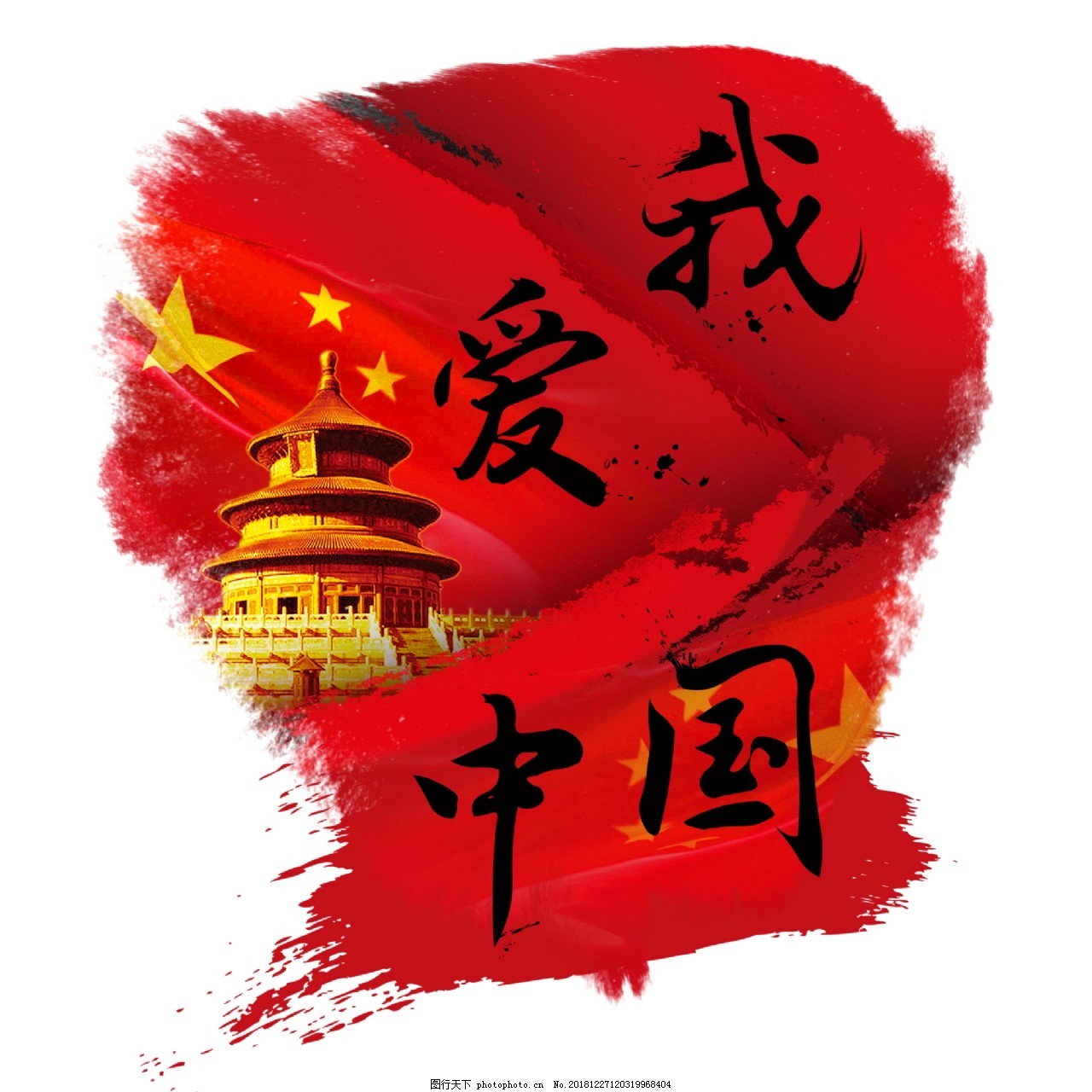Please make sure to follow the correct stroke sizes compared to one another, and make the difference in lengths more obvious.
For example, the top stroke in the 土 (dirt) radical must be shorter than the bottom. If not, you make the wrong radical 士 (soldier/scholar).
While this technically isn’t an issue for this specific character, as 士 (soldier/scholar) is not really used in that location, it can be a problem in other instances. This clear length differences are a good habit for more complex characters later.
Here’s a decent resource for commonly confused radicals and characters: https://en.m.wiktionary.org/wiki/Appendix:Easily_confused_Chinese_characters It does miss some characters, such as 日(sun) vs 曰 (to say). The middle line in the first goes completely from one side to the other, while the second has a gap on the right.
I would highly recommend the Pleco chinese dictionary as a good resource for learning characters.
谢谢! Today was my first day really learning the actual writing system. Prior to this all of my writing was just copying down digital Chinese characters without any formal understanding of the strokes or radicals.
I struggle a lot with even stroke length and legibility in English (damn left handedness haha), so I’m trying to work extra hard not to carry those habits over until a new language. This is useful stuff to know!!
That first radical is one of my favourites to write
I’d start the first stroke a little more to the left.
Thanks, I got it a bit better on the other page, but I definitely need more practice. I bought a blank practice workbook too so I’ll use that advice before too long.
Yeah, dw though, sometimes I practice really in a hurry and it looks like shit, but anyway as long as you make it recognizable the rest is simply an aesthetic thing and caligraphy, they do not affect how much you know or not a character.
I think part of it is that I am left handed, so when I do the Left->right strokes, my hand covers the left side of the paper and I lose track of where I am in the box.




